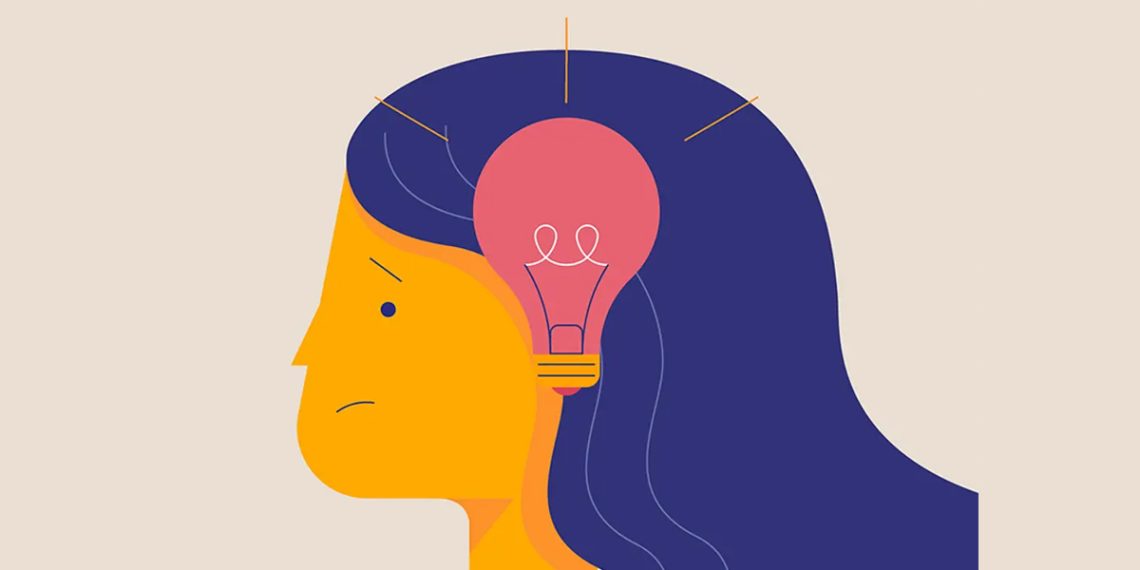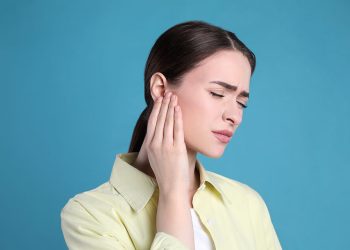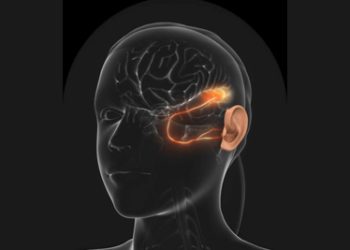Diagnosis of Auditory Processing Disorder
Diagnosis of auditory processing disorder requires a multidisciplinary approach, often involving audiologists, speech-language therapists, and educational psychologists. A child or adult must have normal hearing to qualify for APD testing.
Key steps in diagnosis:
- Hearing test (audiometry)
- Confirms normal peripheral hearing
- Auditory processing assessments
- Includes tests for sound discrimination, sequencing, localisation, and understanding speech in noise
- Usually done by a trained audiologist
- Speech and language evaluation
- Checks for coexisting language, attention, or learning disorders
- Questionnaires and classroom observations (for children)
- Gathers behavioural data and input from teachers and parents
Diagnosis of Auditory Processing Disorder
In South Africa, diagnostic services are more readily available in urban centres and private practices. However, awareness is increasing in schools, and early referrals are improving.
Testing can usually begin around age 7 or older, when auditory systems have matured enough for accurate evaluation.
Conclusions: Auditory Processing Disorder
Auditory Processing Disorder is a complex but manageable condition that affects how the brain interprets sound. It can impact learning, communication, and emotional well-being, especially in noisy or fast-paced environments.
With early diagnosis, personalised interventions, and patient support, individuals with APD can thrive in school, work, and social settings. Speech therapy, assistive technology, and classroom adaptations are valuable tools for success.
In South Africa, growing awareness and improved access to audiology and educational support are helping more families find the help they need.
Understanding APD empowers caregivers, educators, and individuals to advocate for strategies that make daily life more accessible.
👉 [Next: Treatment and Management of APD]
Hearing & Balance Cape Town – Bellville
Complications and Impact of APD


